
(Portugese translation below / Traduçãoem português abaixo)
Elijah Chijokwe, a 78-year-old resident of Marondera, is a dedicated farmer engaged in poultry, cattle keeping, goat production, and subsistence farming.
Elijah Chijokwe, de 78 anos,residente em Marondera, é um agricultor dedicado que se envolve nacriação de aves, gado, cabras e na agricultura de subsistência.
Retrato de Elijah Chijokwe (78) em seu campo próximo à sua casa em Wenimbe, Marondera, Zimbábue. Amudança nas estações de chuva e a diminuição do volume deprecipitação resultaram em uma colheita reduzida para Elijah e suafamília, causando insegurança alimentar.
“Grande parte do queplantei na última temporada secou antes que eu pudesse colher devidoaos padrões de chuva imprevisíveis. Acho importante que ascomunidades sejam capacitadas para construir barragens em suas áreasa fim de aliviar os efeitos negativos da escassez de chuva.”
What has climate change done here?
When we first came here, I came here in 1986. There was a lot of rainfall in this area.Our rivers were full, our wells were full, We would get drinking water but the way we live right now, we are struggling for food… our cattle, the pastures, they would grow perfectly but now they are no more. We can never get those seasons again. Rain does not come until October when we would be farming before, we now have to start farming in November or December, and the water is so little, it won’t even fill up the rivers.
We are now suffering, we have to look for a place to get water for our cattle. Where can our cattle graze, they don’t have enough food, and even the crops that we are growing they are no longer of the same quality as before. Back then, we would get a good harvest but now the quality is low.
We are even struggling to get water to drink. We have to travel long distances just to get water to drink, a long way for our livestock.
Quando chegamos aqui, em 1986, haviamuita chuva nesta região. Nossos rios estavam cheios, nossos poçosestavam cheios, tínhamos água potável. Mas hoje estamos lutandopor comida... Nosso gado tinha pastagens abundantes, cresciamperfeitamente, mas agora não existem mais. Nunca mais teremosaquelas estações.
A chuva não chega até outubro —antes já estaríamos plantando — agora só conseguimos começar emnovembro ou dezembro, e a água é tão pouca que nem chega a encheros rios. Estamos sofrendo e precisamos procurarlugares para conseguir água para o nosso gado. Onde nosso gado podepastar se não há alimento suficiente? Até as lavouras quecultivamos já não têm mais a mesma qualidade de antes. No passadotínhamos boas colheitas, mas agora a qualidade é baixa. Estamos até lutando para conseguirágua potável. Precisamos viajar longas distâncias para ter águapara beber e também para o nosso gado.
What do you think world leaders have to do now to stop things from getting worse and to help us adapt?
We should speak to our leaders or presidents about the importance of honoring the customs practiced by our ancestors. When something was wrong, our ancestors would come together, discuss the issues, and consult with their elders. We believe that our leaders, who often travel around the world, should also listen to the elders of their own countries. Everywhere, there are elders who carry the traditions and wisdom of their land. Our leaders should return home and engage in conversations with these wise elders.
Devemos falar com nossos líderes oupresidentes sobre a importância de honrar os costumes praticados pornossos ancestrais. Quando algo não estava certo, nossos ancestraisse reuniam, discutiam os problemas e consultavam os anciãos.
Acreditamos que nossos líderes, queviajam pelo mundo, também deveriam ouvir os anciãos de seuspróprios países. Em todo lugar, há anciãos que carregam astradições e a sabedoria de sua terra. Nossos líderes deveriamvoltar para casa e engajar-se em conversas com esses sábios anciãos.


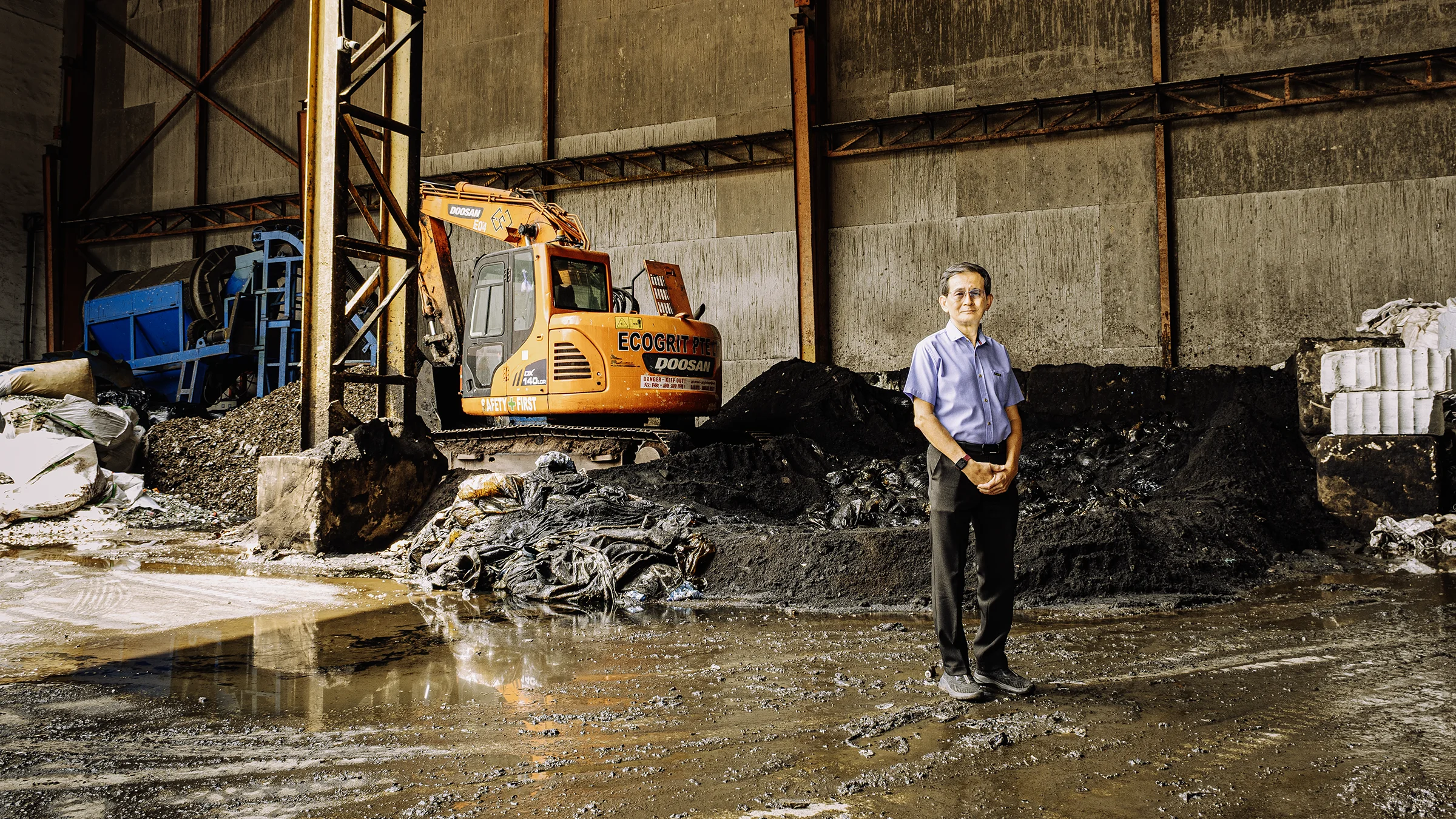
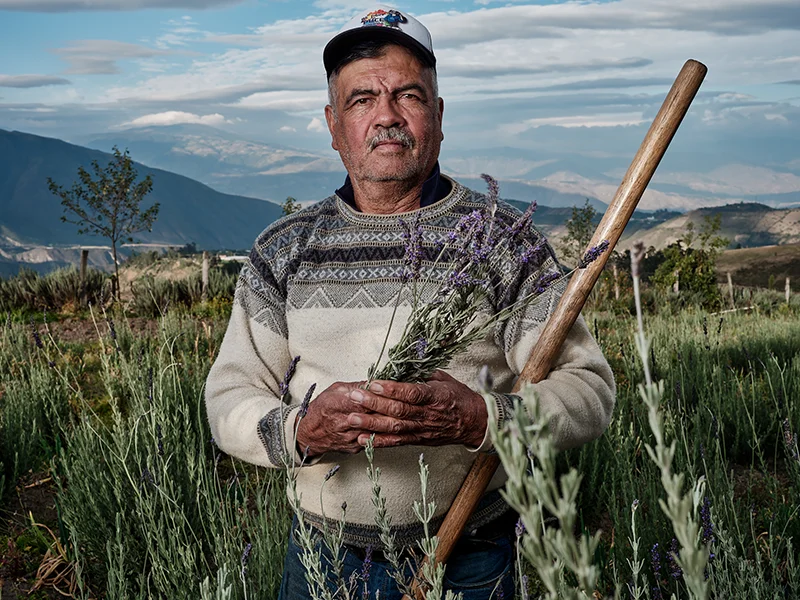
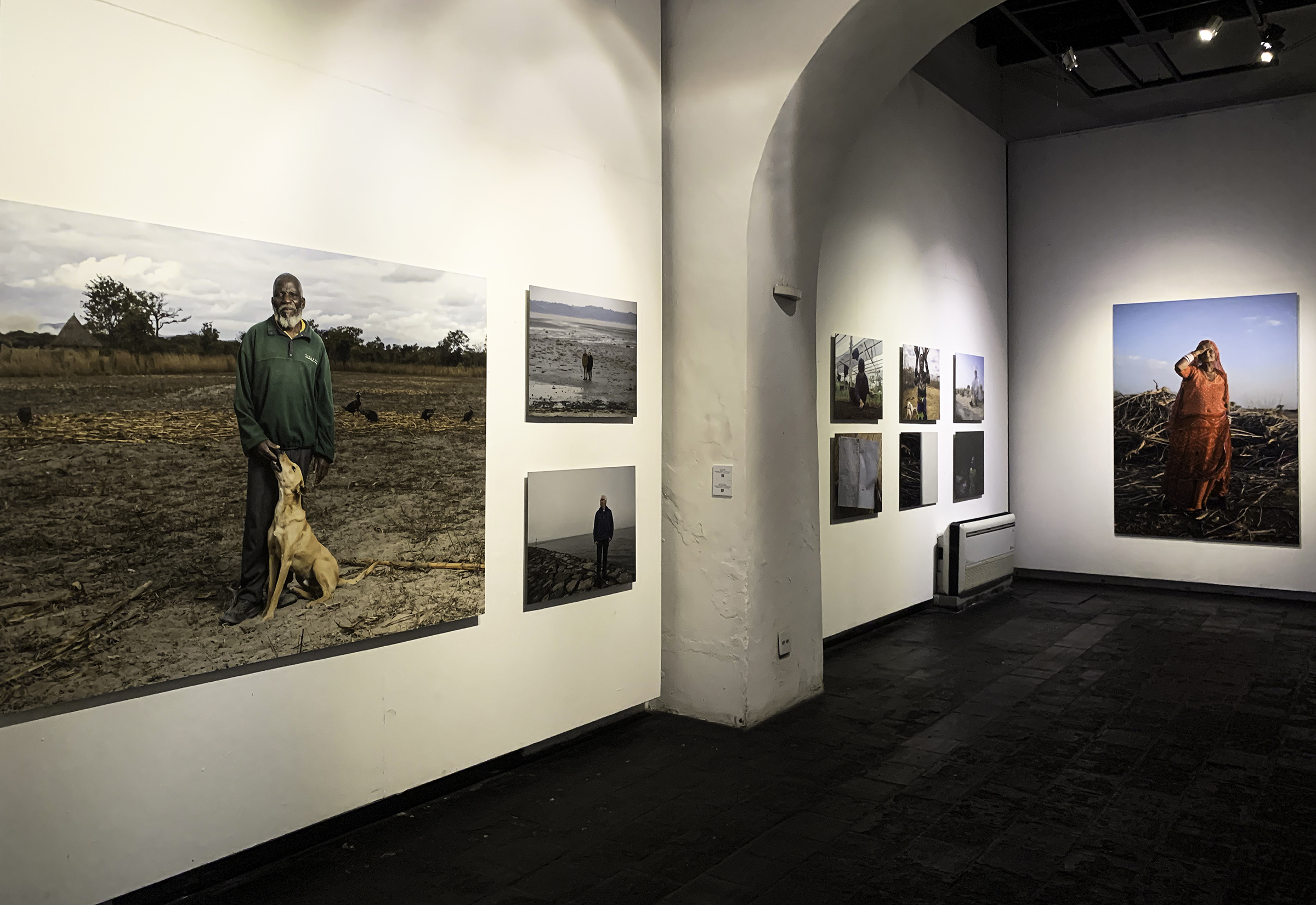
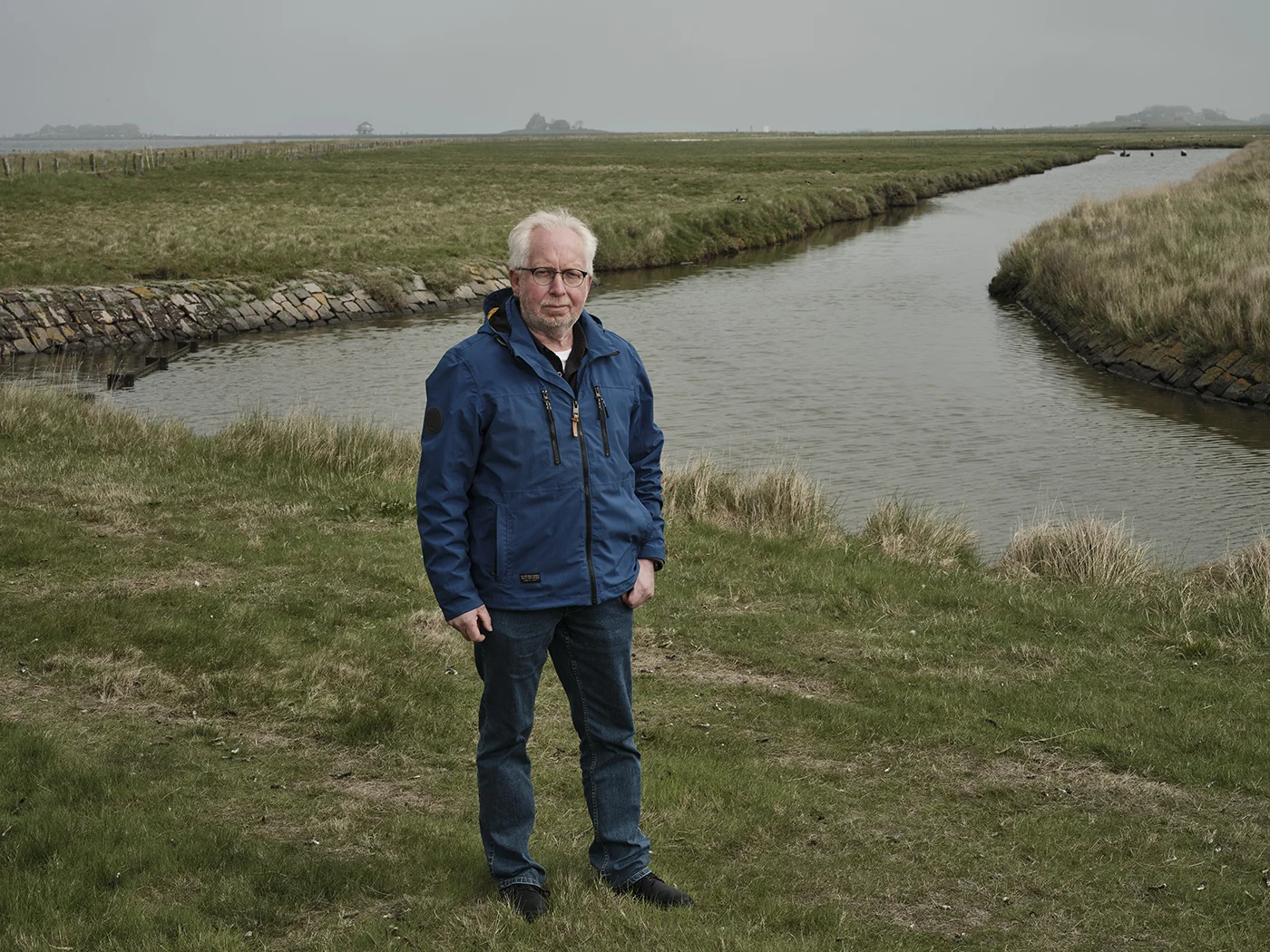
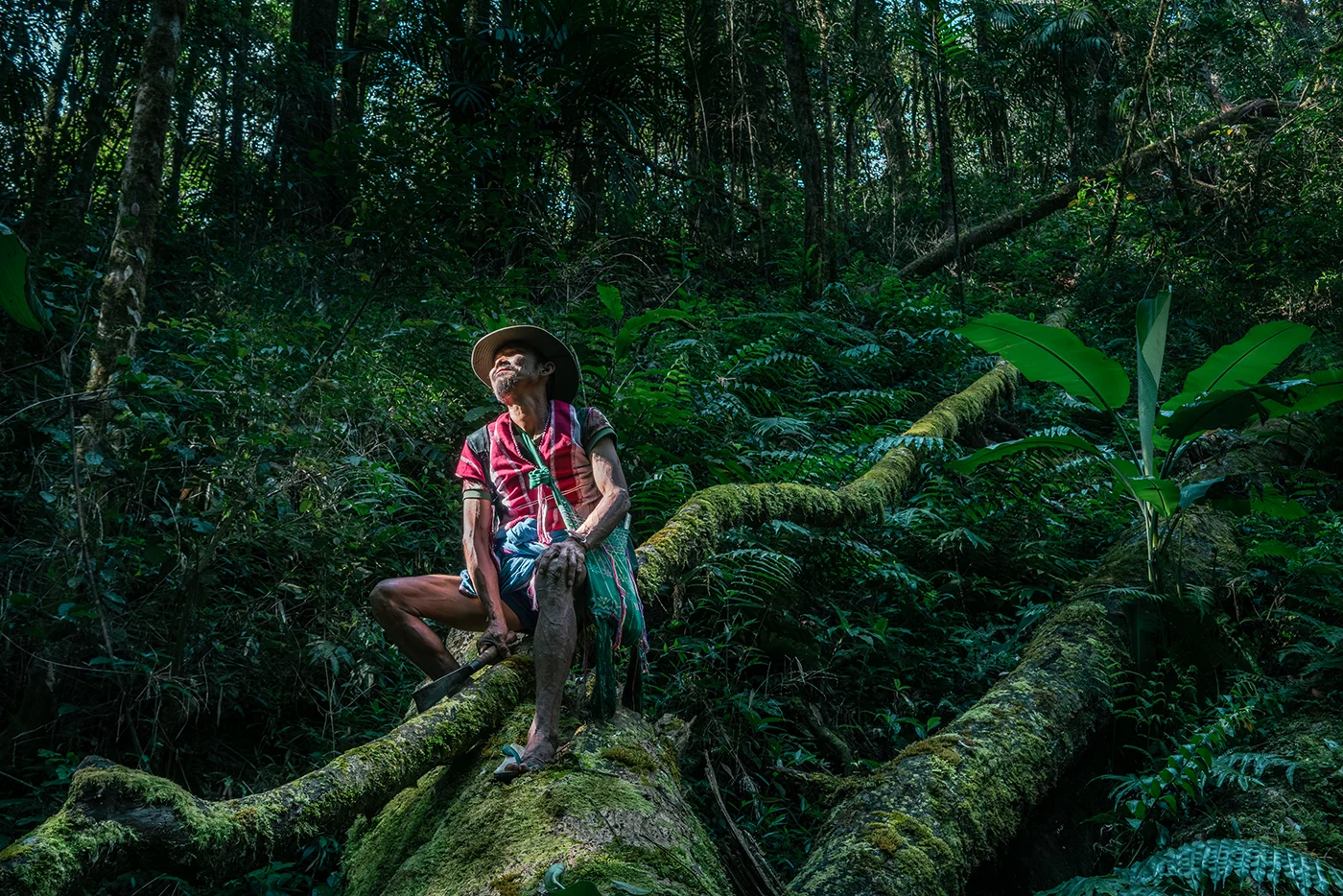
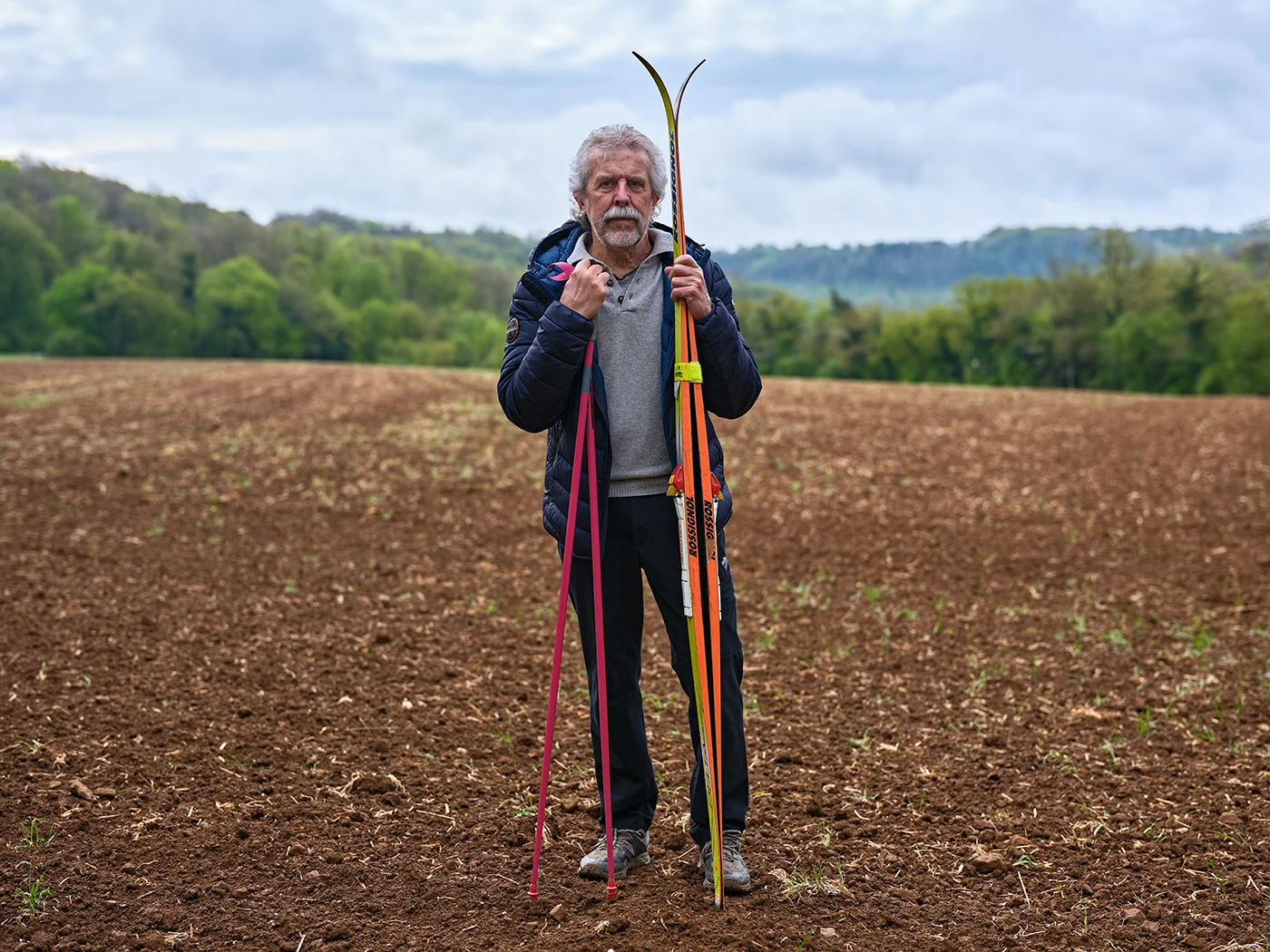






























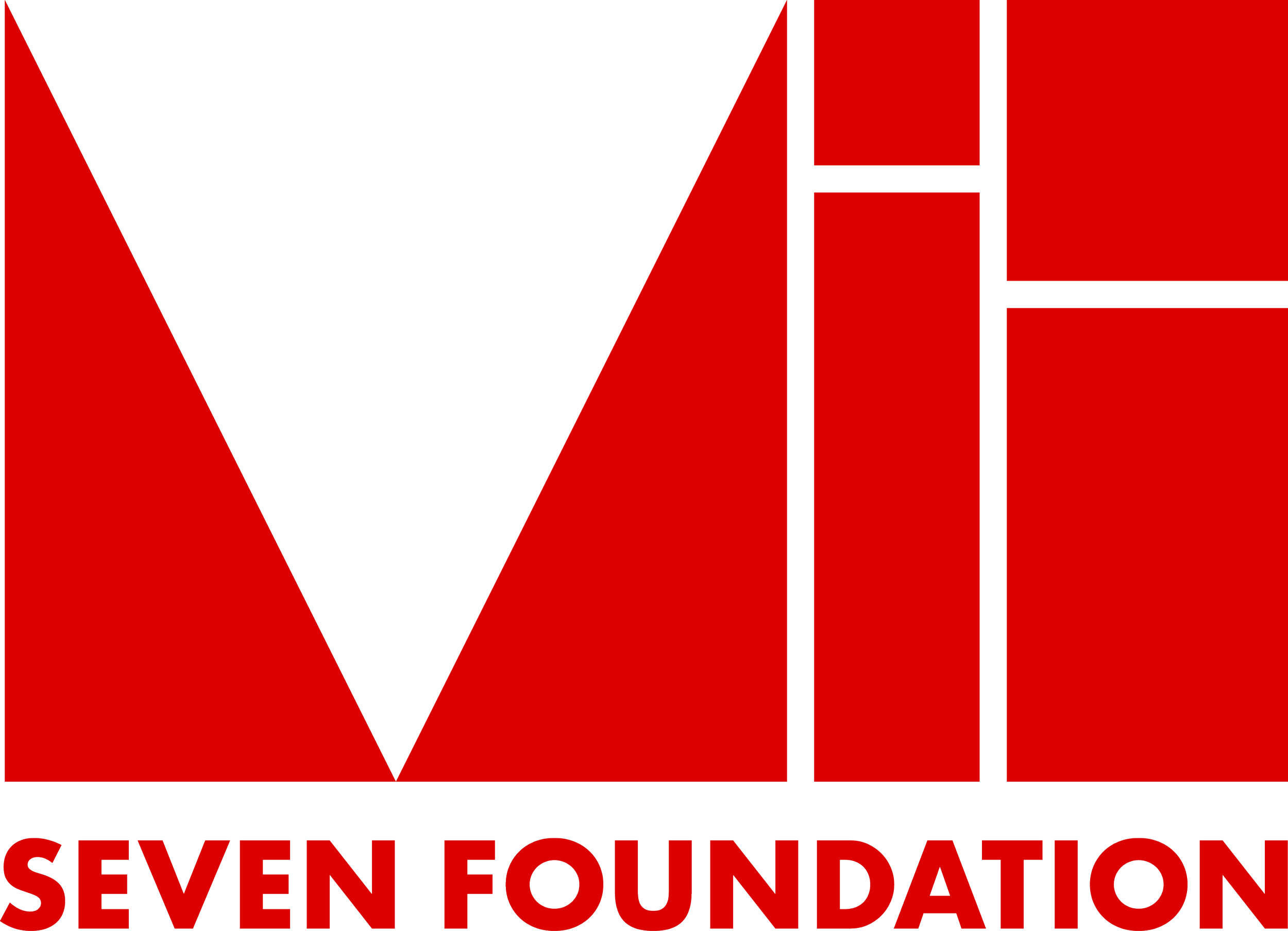








.svg)






